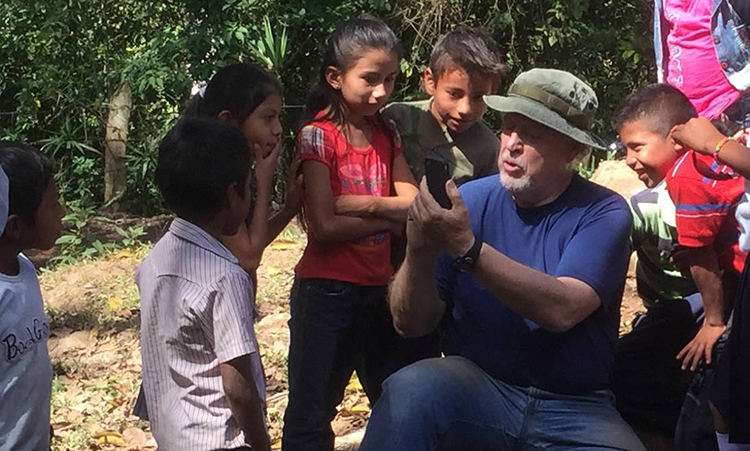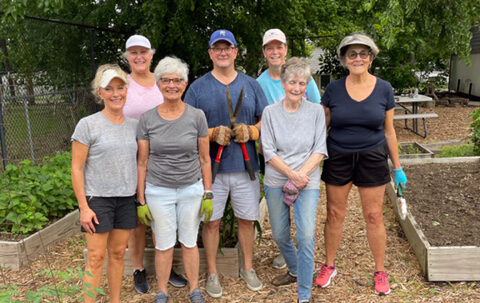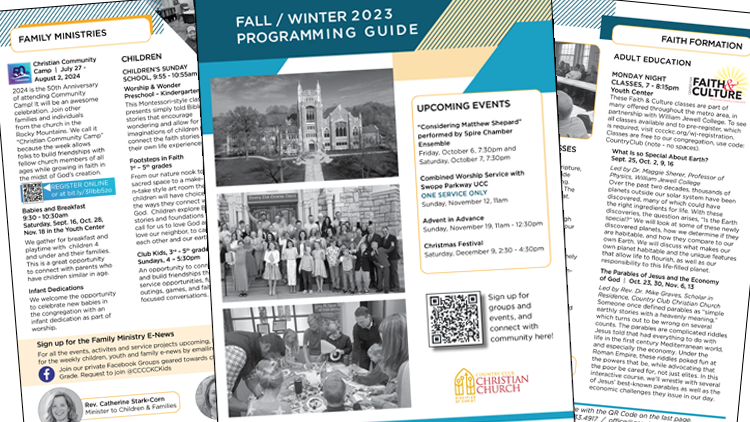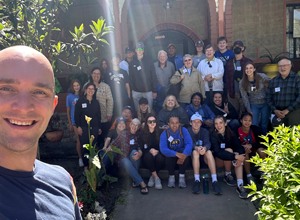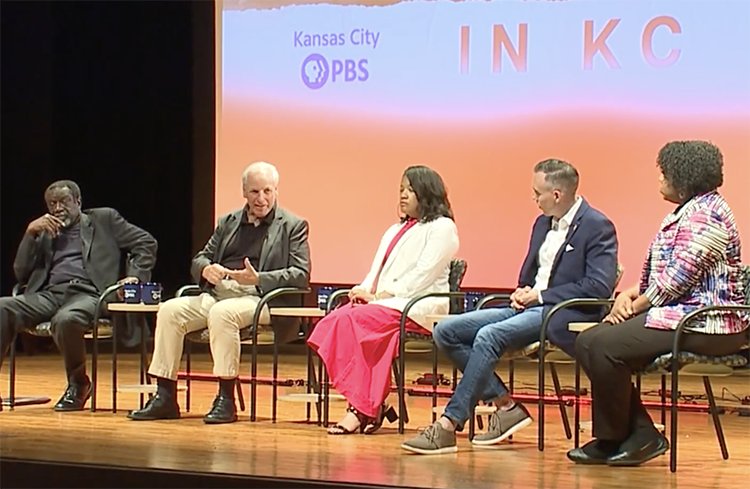Day 2
Today we started out to Jinotepe after breakfast and went to the CEPAD office there.
The director of the center gave us a short presentation on the people the Jinotepe office serves, a total of 240 families spread across six communities. As we were leaving the office, we were admiring the limes – huge, green, smooth “limones.” After discovering the word for lime and lemon are the same, the ladies in the office gave us two to take home. Yum!! Before we got back on the bus, we spoke with one of the community producers, Luisa Maria, from “El Bosque,” a local community. She told us about how CEPAD had helped her grow a larger variety of crops and how she is working to preserve the soil and make organic fertilizers.
After lunch, we headed out into the community that we will be serving, “Brasil,” which is in a particularly dry area of the country. As we approached the community leader’s house, a large number of people were gathered to welcome us. We gathered around, were welcomed, expressed our gratitude for the opportunity to be there, asked questions, answered questions and prayed together for the week. It was a special time of connecting with the people we are here to serve, to hear from them and to be heard.
We then visited two of the family farms. The first was run by Melina, a single mom, and the youngest four of her 10 children (!). She showed us the family garden, that she has to hand water, carrying in water by the bucket, over 1 km, four times a day during the dry season from November through April! The problem of water access became abundantly clear very quickly, as the next farm we visited, operated by Karen and Herman, informed us that the plantain trees required watering three times a week, with barrels of water that had to be retrieved from the creek, split up into smaller buckets, and carried up and down this huge hill on foot, a job the whole family, including 6-year old Hermita, participated in. The family shared that were they to dig a well, they would have to dig down 50 meters (approximately 150 feet) in order to reach water.
The digging would have to be done by hand, and the retrieval of the water would depend on a bucket-pulley system, operated by hand. The problem of water access, retrieval and storage in this community is striking. We loved seeing the farms. Even though the people have little, they are amazingly resourceful, and command admiration. We are looking forward to starting our water project tomorrow.

